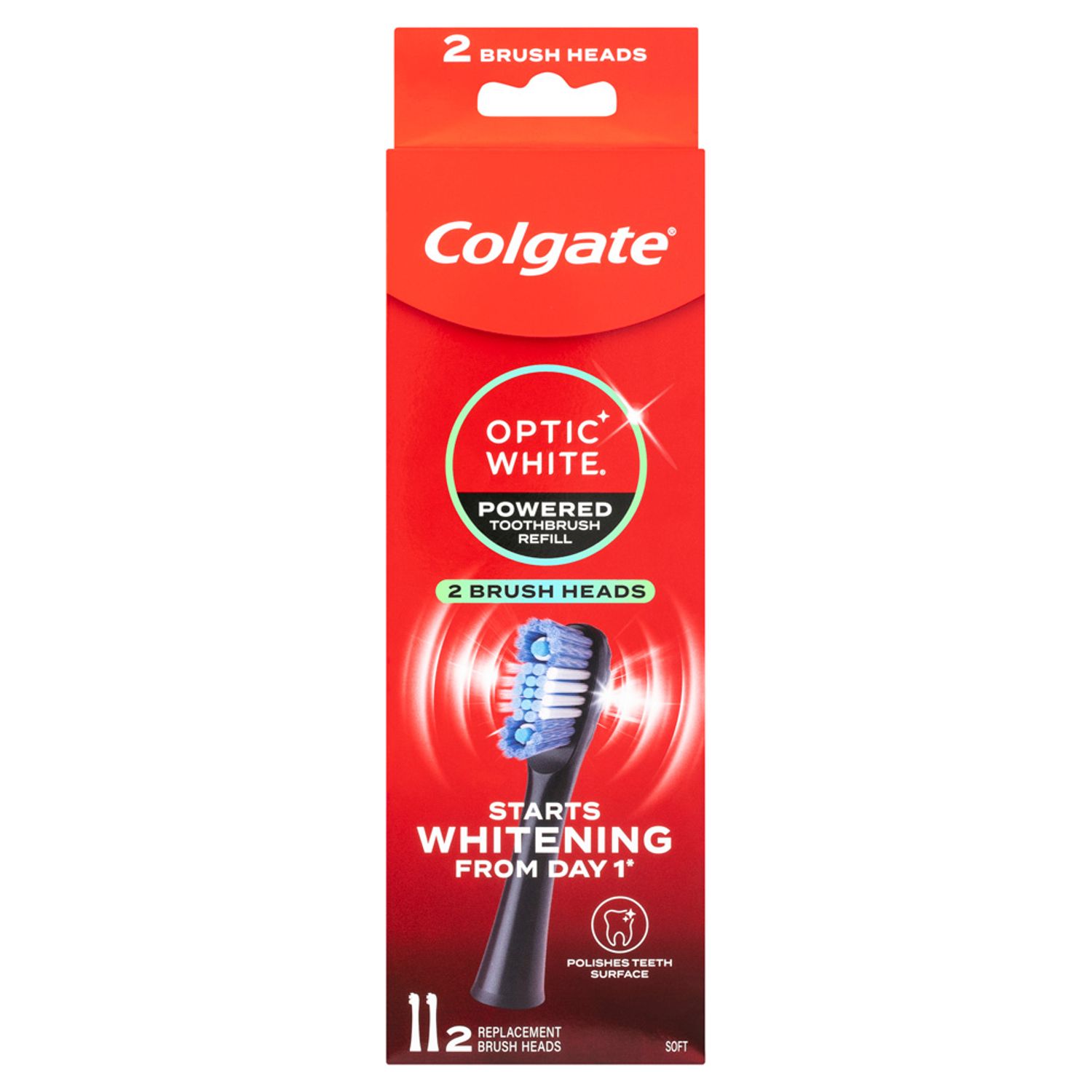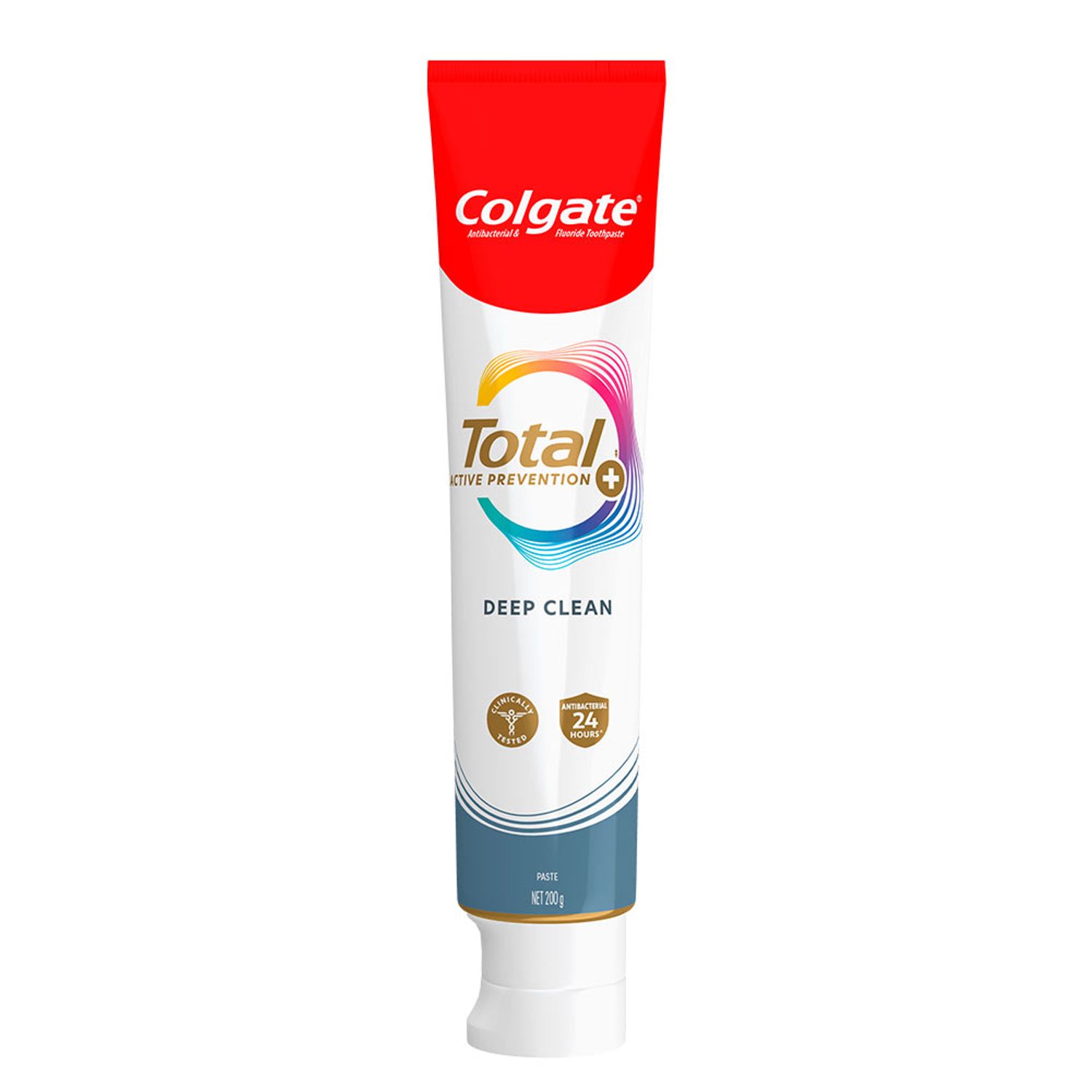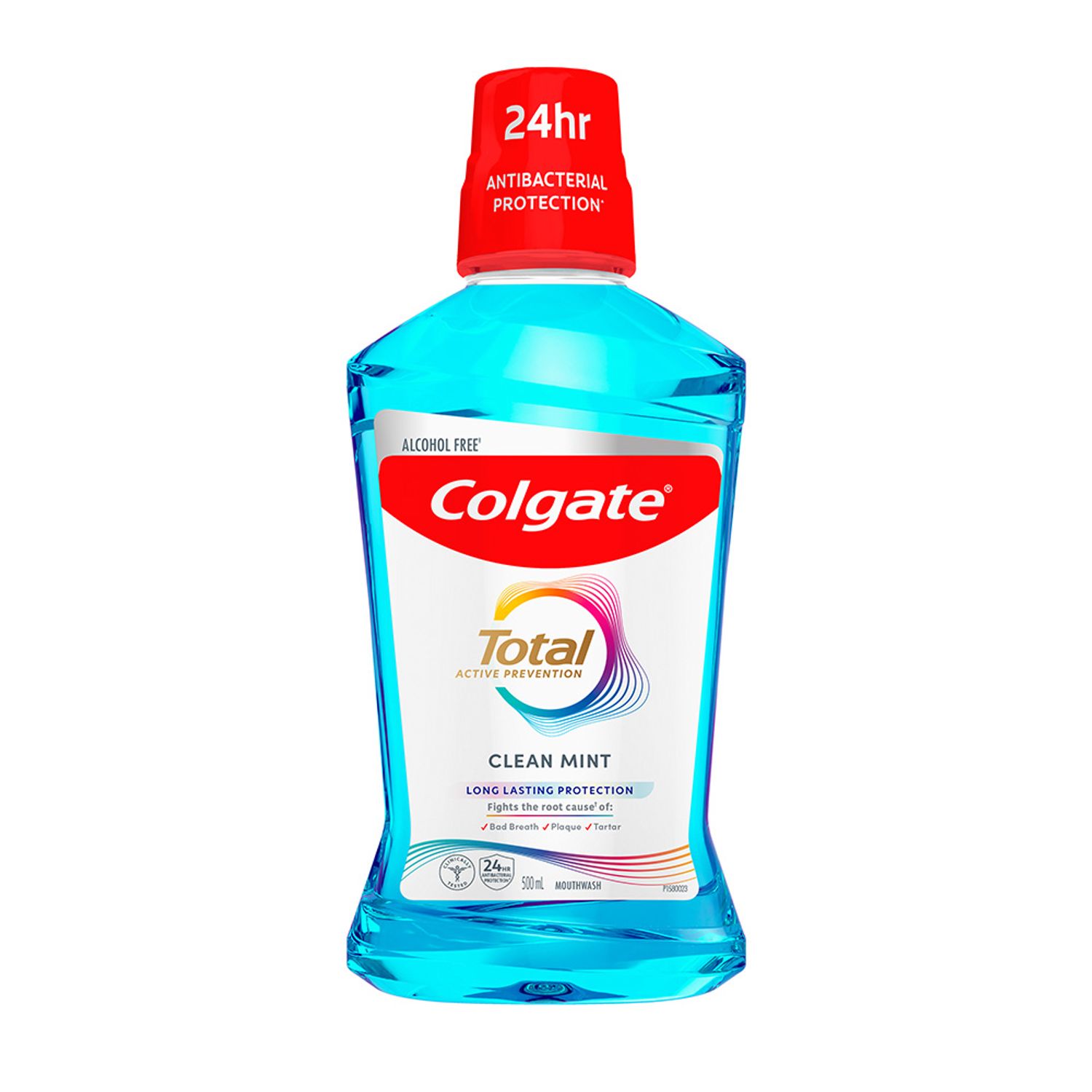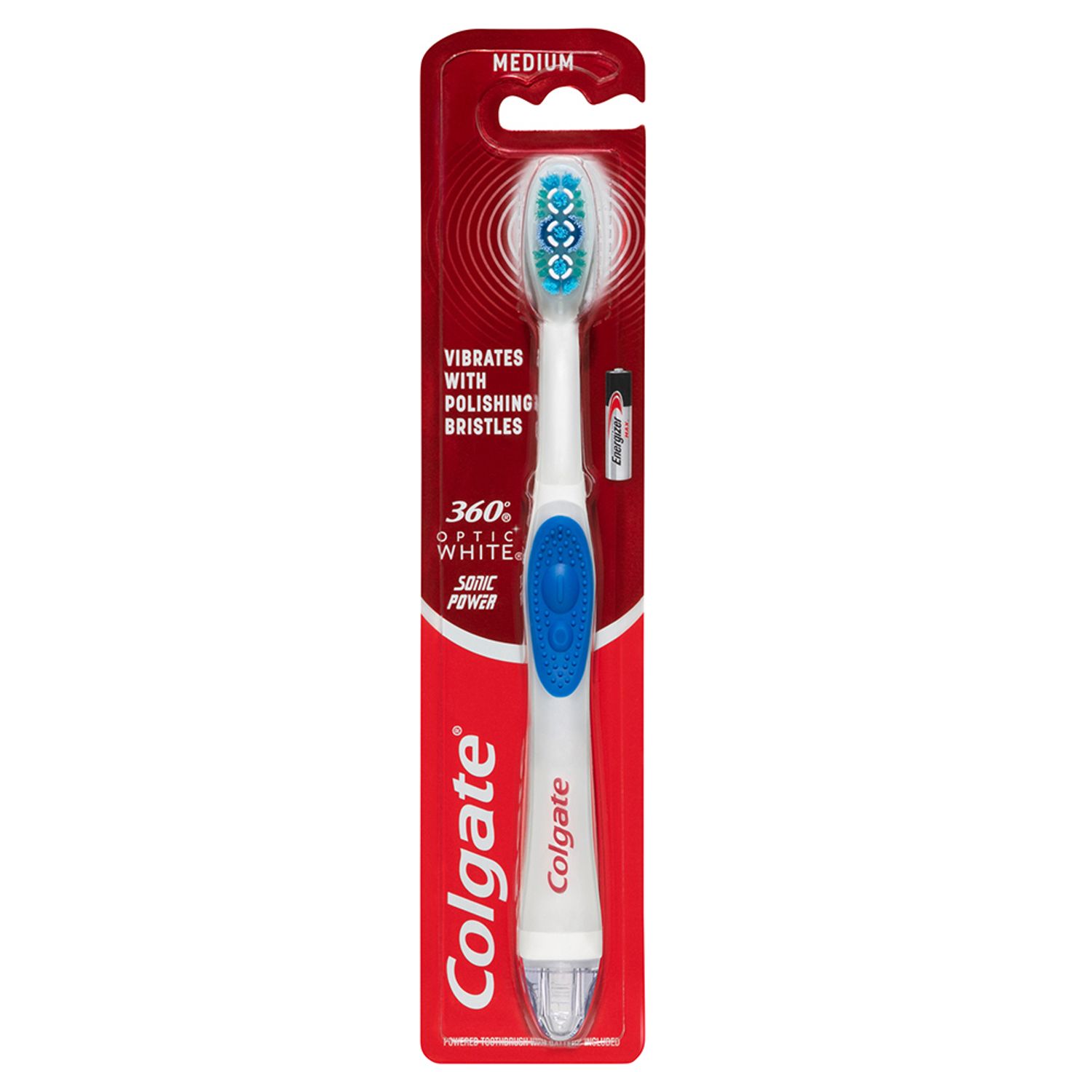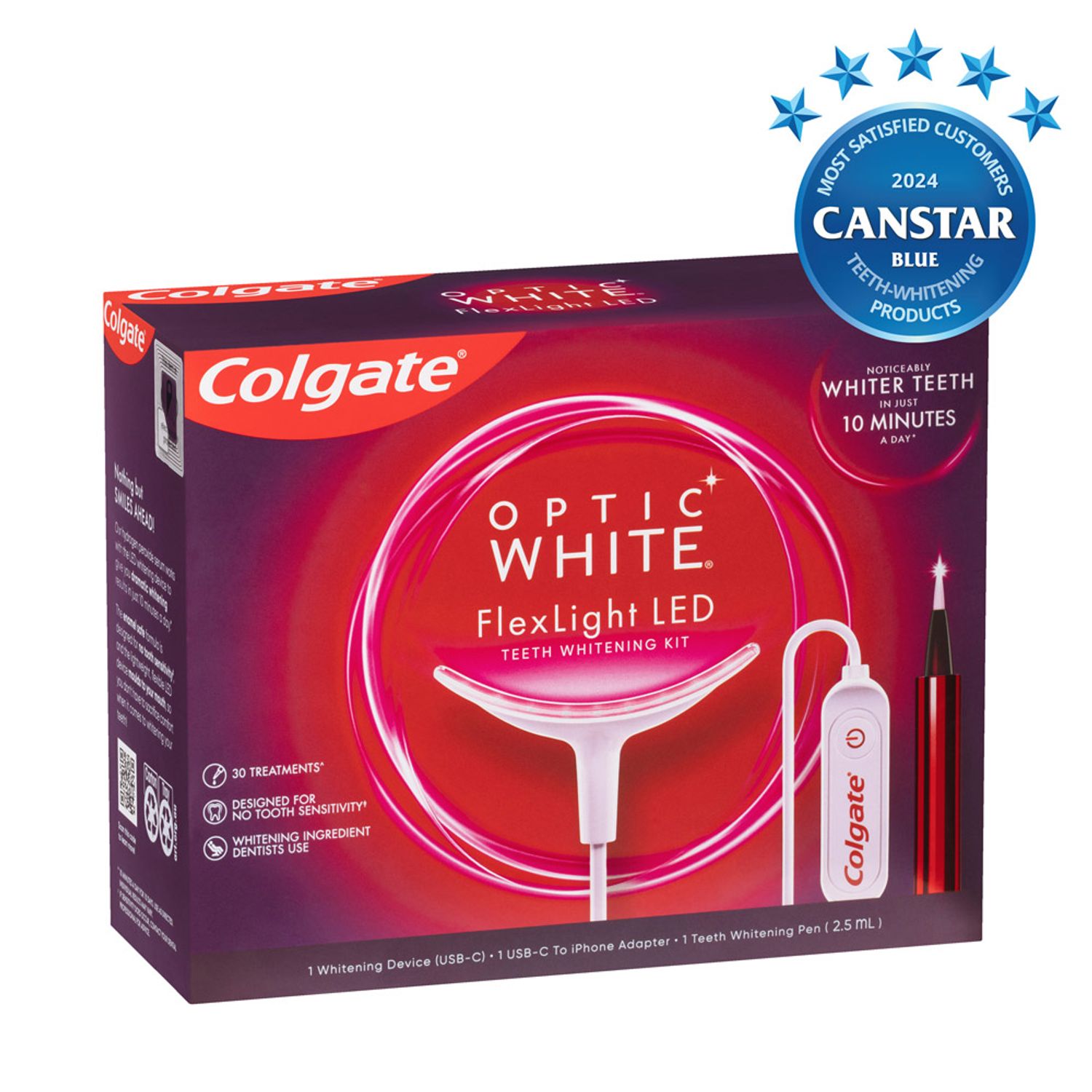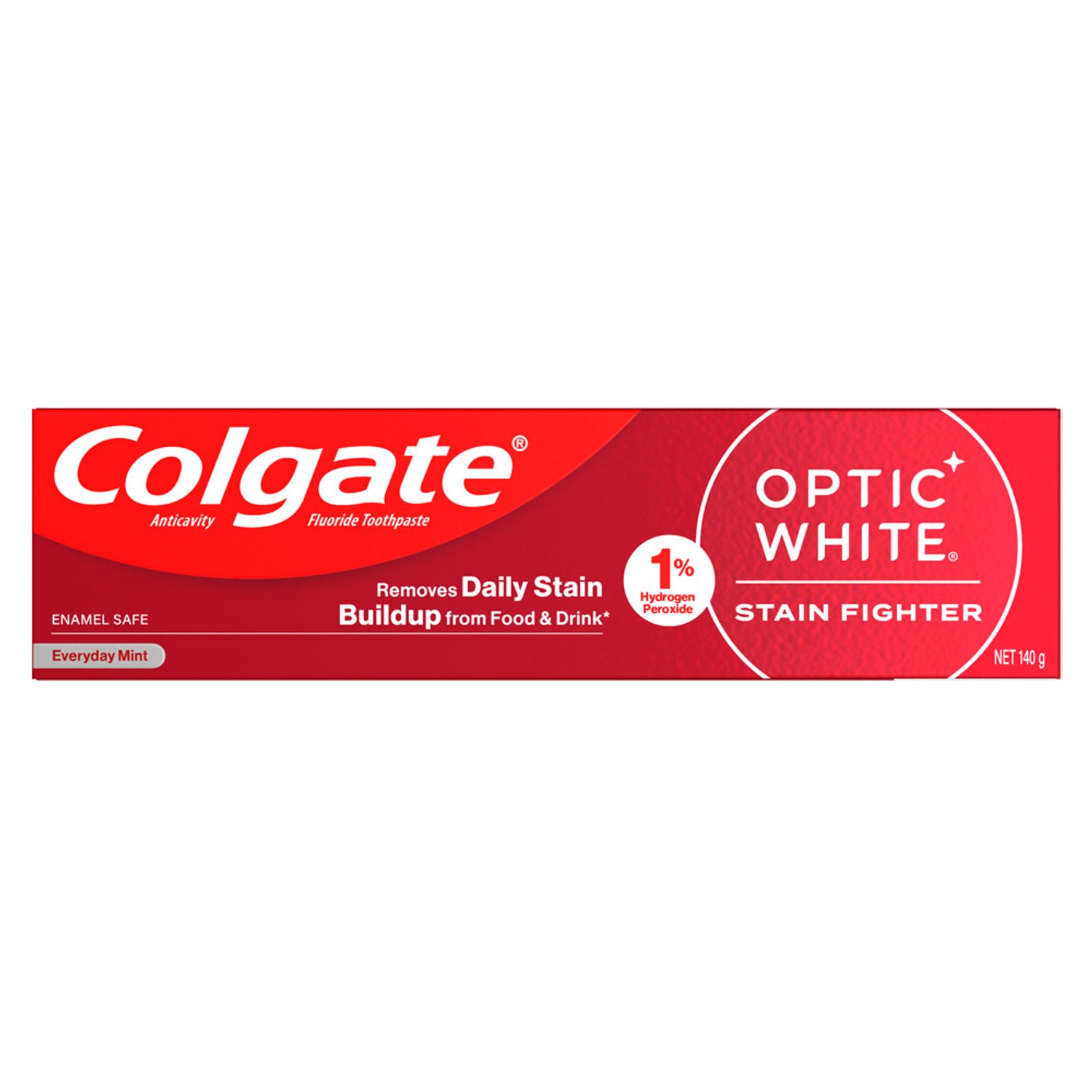-
-

BRUSHING & FLOSSING
How to BrushWhat Is the Right Way to Brush?
Proper brushing takes at least two minutes — that's right, 120 seconds!...

BRUSHING & FLOSSING
How To FlossWhat is the Right Way to Floss?
Proper flossing removes plaque and food particles in places where a toothbrush cannot easily reach... -
Science & Innovation
- Colgate® | Toothpaste, Toothbrushes & Oral Care Resources
- Oral Health
- What are Cavities?


A cavity develops when tooth decay progresses. Tooth decay is heavily influenced by lifestyle, affected by what we eat, how well we take care of our teeth, and the presence of fluoride in our water and toothpaste. Heredity also plays a role in how susceptible your teeth may be to decay.
While cavities are generally more common among children, adults are also at risk. The types of cavities include:
- Coronal cavities: The most common type occurring in both children and adults, coronal cavities usually are located on chewing surfaces or between the teeth.
- Root cavities: As we age, gums can recede, leaving parts of the tooth root exposed. Since there is no enamel covering over tooth roots, these exposed areas easily decay.
- Recurrent decay: Decay can form around existing fillings and crowns. This is because these areas may have a tendency to accumulate plaque, which can ultimately lead to decay.
Adults are especially at risk for cavities if they suffer from dry mouth, a condition due to a lack of saliva. Dry mouth may be caused by illness, medications, radiation therapy and chemotherapy. Depending on its cause, it may be either temporary, days to months, or permanent.
Left untreated, a cavity can destroy your tooth and kill the delicate pulp at its center. This process may result in an abscess, an area of infection at the root tip. Once an abscess forms, it can only be treated with a root filling, surgery or by extracting the tooth.
How do I know if I have a cavity?
Your dentist can tell you whether you have tooth decay. Tooth decay begins development below the tooth's surface, where you cannot see it. When you eat foods that contain carbohydrates, sugars and starches, these carbohydrates are processed by the bacteria in plaque, producing acids that eat into the tooth. Over time, the tooth enamel begins to break down beneath the surface while the surface remains intact. When enough of the sub-surface enamel is eaten away, the surface collapses, forming a cavity.
Cavities are most likely to develop in pits on the chewing surfaces of the back teeth, in between teeth, and near the gumline. Regardless of where they occur, the best way to spot them and treat them before they become serious is by visiting your dentist regularly for check-ups.
How can I help prevent cavities?
- Brush at least twice a day and floss daily to remove plaque from between teeth and below the gumline.
- Have regular dental check-ups. Preventative care can help stop problems from occurring and keep minor problems from becoming major ones.
- Eat a well-balanced diet that limits starchy or sugary foods. When you do eat these foods, try to eat them with your meal instead of as a snack to minimise the number of times that your teeth are exposed to acid.
- Use dental products that contain fluoride, including toothpaste.
- Check if your children's drinking water is fluoridated. If your water supply does not contain fluoride, your dentist may prescribe daily fluoride supplements.
Related Articles


Electric or Manual Toothbrushes, which one is better? Learn their differences, considering their effectiveness in dental health and oral hygiene.

Gingivitis is the first stage of gum disease. Knowing the warning signs can help you treat it quickly and prevent more serious issues. Learn more here.
This article is intended to promote understanding of and knowledge about general oral health topics. It is not intended to be a substitute for professional advice, diagnosis or treatment. Always seek the advice of your dentist or other qualified healthcare provider with any questions you may have regarding a medical condition or treatment.
Related Products

Helping dental professionals
More professionals across the world trust Colgate. Find resources, products, and information to give your patients a healthier future

